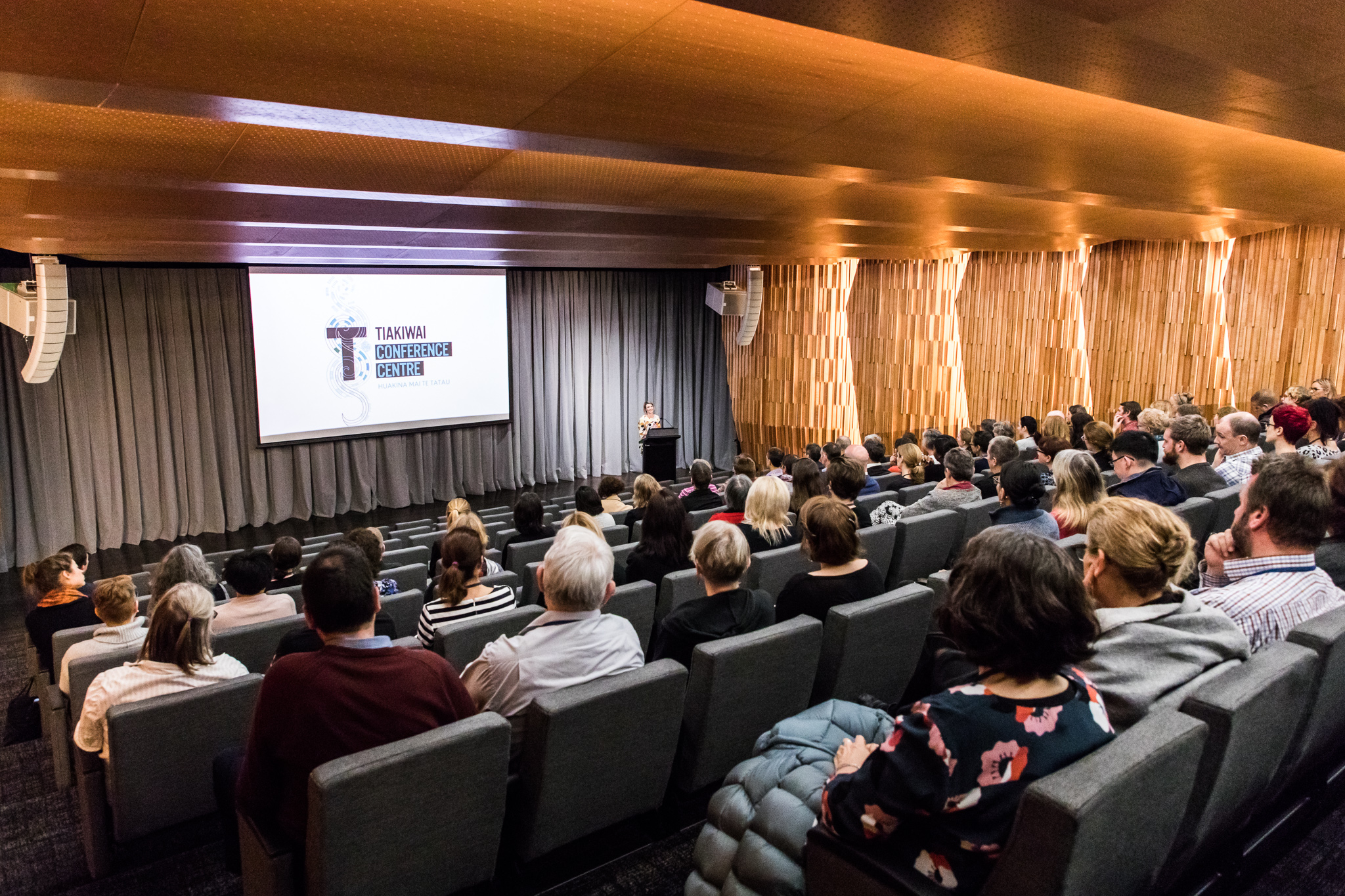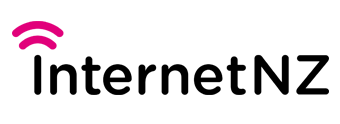“TRUTH, JUSTICE AND THE INTERNET”

Photo by Mark Beatty / CC BY-NC 3.0 NZ.
This public event, hosted by InternetNZ and the National Library of New Zealand, and sponsored by GOVIS, brings together an international panel to explore integrity in the online world. What has happened to truth and should we care? To whom does truth belong?
More information and registration at InternetNZ.
Tuesday, 13 November 18:30-20:00
Chair
- Andrew Cushen: InternetNZ
Panellists
- Jefferson Bailey: Director, Web Archiving, Internet Archive
- Vint Cerf: Chief Internet Evangelist, Google
- Dr Rachael Ka’ai-Mahuta: Senior Researcher, Te Ipukarea, the National Māori Language Institute, Auckland University of Technology
- Wendy Seltzer: Strategy Lead and Counsel, World Wide Web Consortium
Agenda
18:30– 19:00: Introduction and 5 minute pitch from panellists
19:00– 20:00: Questions and discussion
(nibbles and drinks provided from 6pm)
The event will be held at the National Library of New Zealand, 100 Molesworth Street, Wellington
Truth and understanding are not such wares as to be monopoliz’d and traded in by tickets and statutes and standards. We must not think to make a staple commodity of all the knowledge in the land, to mark and license it like our broadcloth and our woolpacks.
John Milton, Areopagitica. A Speech For The Liberty Of Unlicensed Printing To The Parliament Of England 1644.
Scope
The internet has always been a place grounded (ironically) in the postmodern. It should be of little surprise therefore that current debate around the globe is focussed on the facts and fictions that people and communities are promulgating online.
From the most powerful to the most marginalised, the internet is where people can shape their own image and reality. They do this to subvert notions of fact and truth, challenge dominant voices, and every other reason on the scale from nefarious to righteous).
During the second week of November, many of the institutions attempting to collect and preserve the Internet are meeting in Wellington at the International Internet Preservation Consortium Web Archiving Conference. One of the major tensions for these institutions is how best to traverse the multi-faceted and often “monopoliz’d and traded” notion of truth on the Internet. What are the responsibilities of these organisations? Are they mere collectors, or do they have a role to surface truth, and privilege it over other, deliberately created, fictions?


